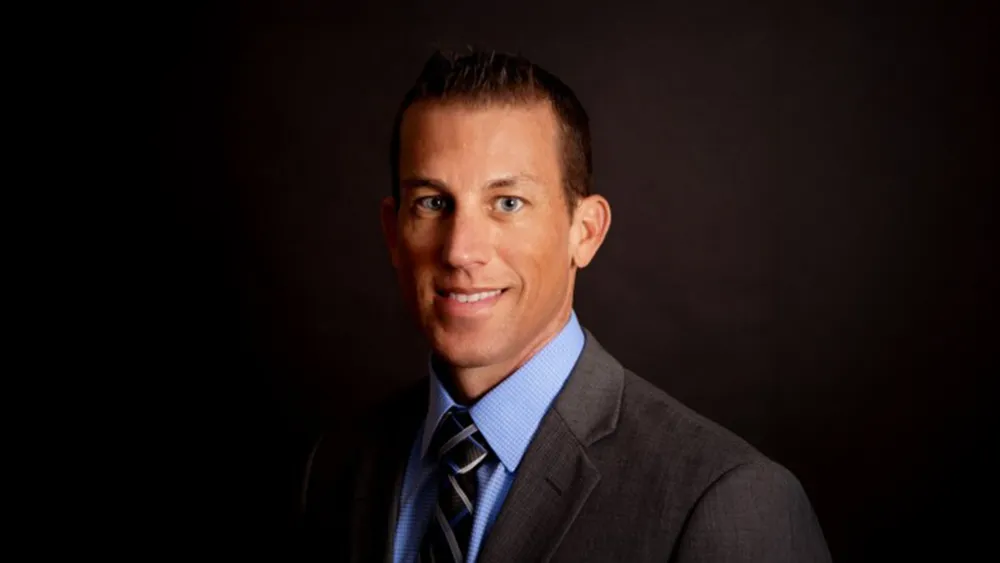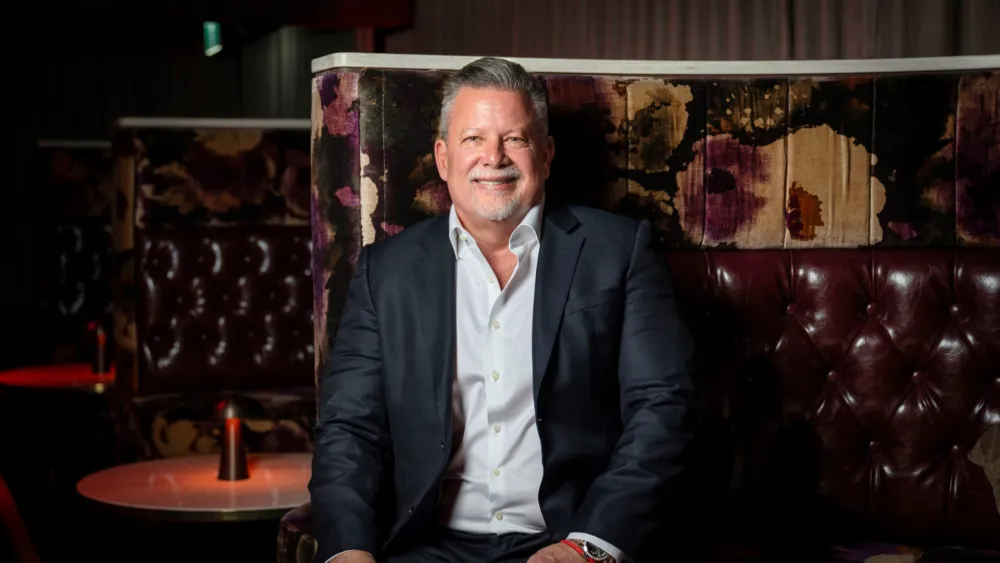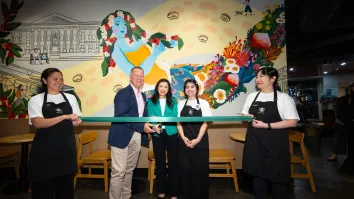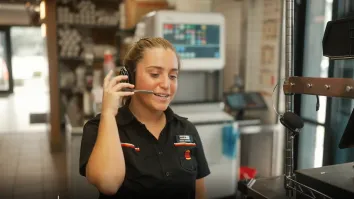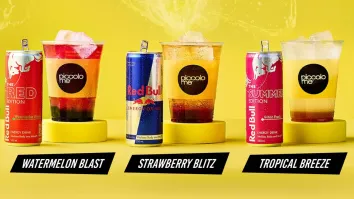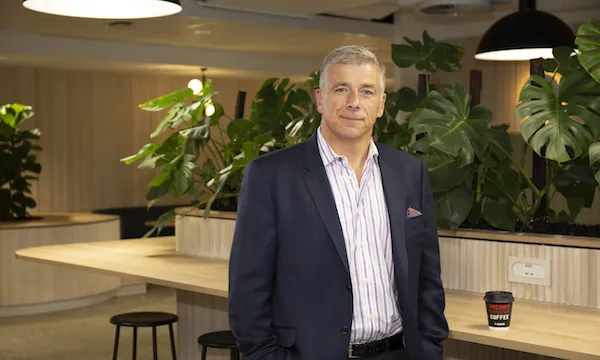
How the pandemic is accelerating the evolution of convenience, as told by 7-Eleven's boss
Chief executive Angus McKay discussed how the business' 700-plus store network is adapting amidst the crisis.
The board of 7-Eleven’s Australia business was due to head to New Zealand in the beginning of March, but its chief executive, Angus McKay, opted to hold off after learning that his son’s school reported a case of COVID-19.
A day later, he got a phone call from his office, explaining that they had a team member who was rather unwell after spending a holiday in South Korea. People who worked near the gentleman were told to not come in to work or to head home to self-isolate.
“He came back negative, which is great. But those team members never came back to the office because at that point in time, COVID-19 hit Australia. So it was a pretty rapid immersion for me,” he told QSR Media in an exclusive interview.
As restrictions hit, McKay saw gaps in terms of the different ways in which everyone operated within the convenience sector, but also observed that many within the industry were not only concerned with their own bottom lines.
“I think most people did understand that we’re part of something that is greater than any one of us individually and had to play differently. So the customer was put at the center as an industry,” he said. “I didn't see anyone playing any cheap shots against each other. Everyone was supportive as they can be in the environment that we're in.”
This includes the sector’s players figuring out what they needed to do to show the customers that “we had their backs” whilst promoting the safety of their stores amidst competition. “That was probably something that was an unwritten rule and positively received.”
McKay also stressed the importance of being agile in managing their financials and human capital.
“If you were able to react quickly to things, you probably did very well. And if you weren't, you will hurt pretty significantly,” he said. “We went very quickly to our employee base to make sure they felt safe and secure, but equally for those that were casuals [to] make sure they felt that they had some underlying protection that is not guaranteed by law. Totally different businesses reacted very, very differently in those moments.”
Like many chains, 7-Eleven had to hit the pedal on digital. McKay expects its delivery business to play a huge role in the next months. The chain is currently testing its delivery model in Melbourne and Sydney, allowing customers to get treats, snacks and key essentials delivered with no contact.
“We've always believed that convenience is going to morph. We were the first convenience store. But, that was defined by hours and proximity,” he said. “To the delivery model, what we're testing is how far will the consumer go. You'd be stunned at the number of people who want a cup of coffee delivered to them or a Mars bar at the end of the day...People now have the right and the ability to just ask for things to be delivered to their immediate location.”
“The question for us is how do we do that [...] I do think it is critical for not just COVID-19 but it's critical for the evolution of the definition of convenience,” he added.
On their digital strategy, McKay explained that digital exchanges need to be relevant for the consumer.
“You don't want to be spammed; you don't want stuff being pushed your way that is irrelevant. That's just annoying you and all that gets me is a grumpy existing customer or potential customer. So the technology's got to be smart enough to deliver a need, not a retailer’s want.”
McKay also anticipates more cashless stores in the pipeline, amidst a trend of contactless transactions, but says some of their older models will be transformed to a more hybrid format to provide choice.
“There is no doubt in the world that it has its place. I’m not quite convinced the cash is dead just yet. But it will, eventually. There is no doubt about that. I mean, the convenience aspect of it is just begging. So, we'll provide optionality for our customers. For those that want to use cash, they can. Those that don’t, we’ll provide other alternatives. But there is no doubt that is on the horizon.”
McKay also assured franchisees that they have a model that would invest in their recovery. (He was interviewed the day after 36 suburbs in Melbourne returned to lockdown due to a COVID-19 spike.)
“These are business partners, we got to make sure we look after them and that's everything from financially supporting them where required, which we're doing, but, equally the other side of it is - as the world recovers - making sure they get to take advantage of that,” he said.
Despite setbacks due to the pandemic, McKay said the chain remains focused on growth, distinguishing permanent from temporary changes in the economic environment and adjusting their business model accordingly.
“For us, that's still around opening new stores, bringing new franchisees in as appropriate to our business (and) moving more to that food and fresh base we've been doing for a number of years now,” he said.
Aside from the acceleration of digital, similarly echoed by fellow c-suites, McKay expects more fresh food on the appetite of customers whilst their journeys to stores will become “shorter and shorter.”
“Part of that new normal is that customers want to be more local, that we think convenience plays even more of a role in their lives,” he said. “Being able to go to my local domain, get what I need, leave and go back to a socially-distanced world in that sense. That level of trust that you need out of the store, I think, is part of the new normal.”
